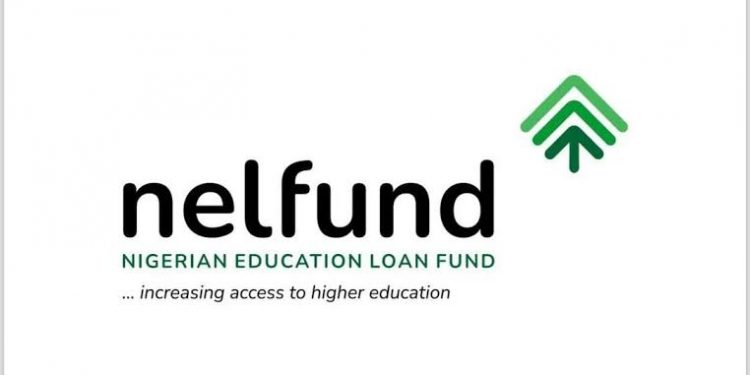The Nigerian Education Loan Fund (NELFUND) has disbursed a total of N73.1 billion in student loans to 366,247 students across 206 tertiary institutions in the country since its loan programme launched in May 2024.
According to NELFUND’s Student Loan Disbursement Dashboard, which covers data up to June 28, 2025, the amount includes N38.26 billion for institutional fees and N34.85 billion as upkeep allowances for student beneficiaries.
The report shows growing participation in the loan programme, with 647,269 students registered on the NELFUND portal and 611,018 successfully completing applications representing a 94% completion rate. From June 27 to June 28 alone, the system recorded an additional 1,316 new registrants and 1,387 more successful applicants, signaling increasing interest and confidence in the programme.
Impressively, the number of successful applications slightly exceeded new registrations, suggesting the loan application process is both efficient and responsive.
In a move to expand its impact beyond universities and polytechnics, NELFUND is preparing to include vocational and skills acquisition centres in its loan offerings. Enugu State has been selected as the pilot location for this rollout, which is expected to begin between late June and mid-July. Once launched, trainees in sectors like fashion design will be able to access loans for tuition, living stipends, and starter kits through designated centres in the state.
Despite recent public concerns, NELFUND has maintained a strong stance on transparency. Allegations of discrepancies involving N71.2 billion were raised earlier this year, suggesting that only N28.8 billion of a budgeted N100 billion had reached students. However, NELFUND firmly denied any mismanagement, clarifying that the figures in question stem from older financing schemes not linked to the current student loan programme. The ICPC later confirmed that no discrepancies or diversions of funds had been established to date.
To further strengthen oversight, NELFUND now mandates the use of its Student Loan Access System (SLAS). The platform requires tertiary institutions to upload student data directly to facilitate loan disbursements and minimize fraud risks. The Fund has stressed that digital controls and institutional compliance are vital to achieving transparency and accountability as the programme scales up.
As Nigeria looks to improve access to education and skills training, NELFUND’s expanding loan scheme is emerging as a key driver of financial inclusion for students. With continued oversight and digital integration, the Fund aims to support even more Nigerian youth in achieving academic and vocational success.










